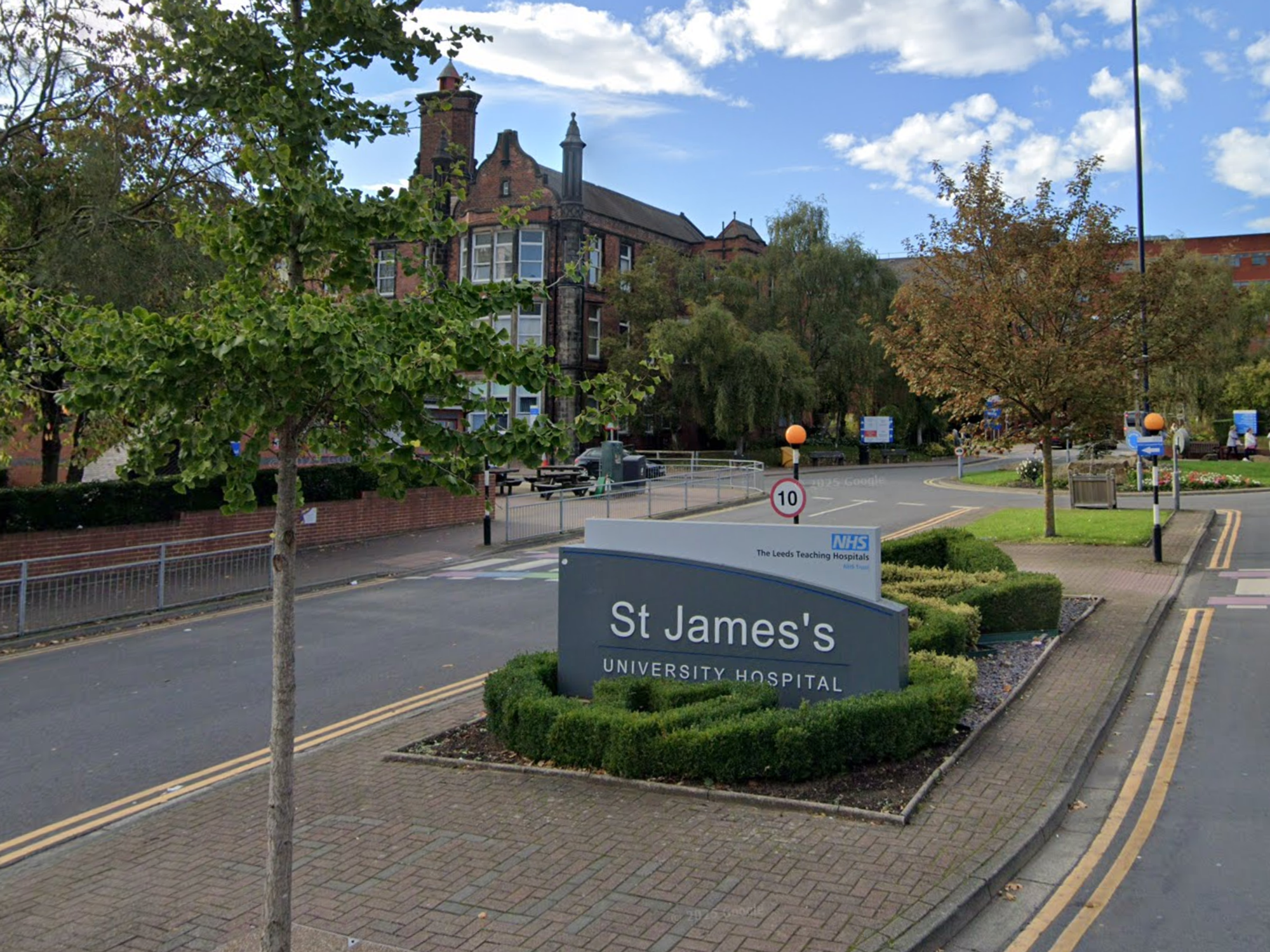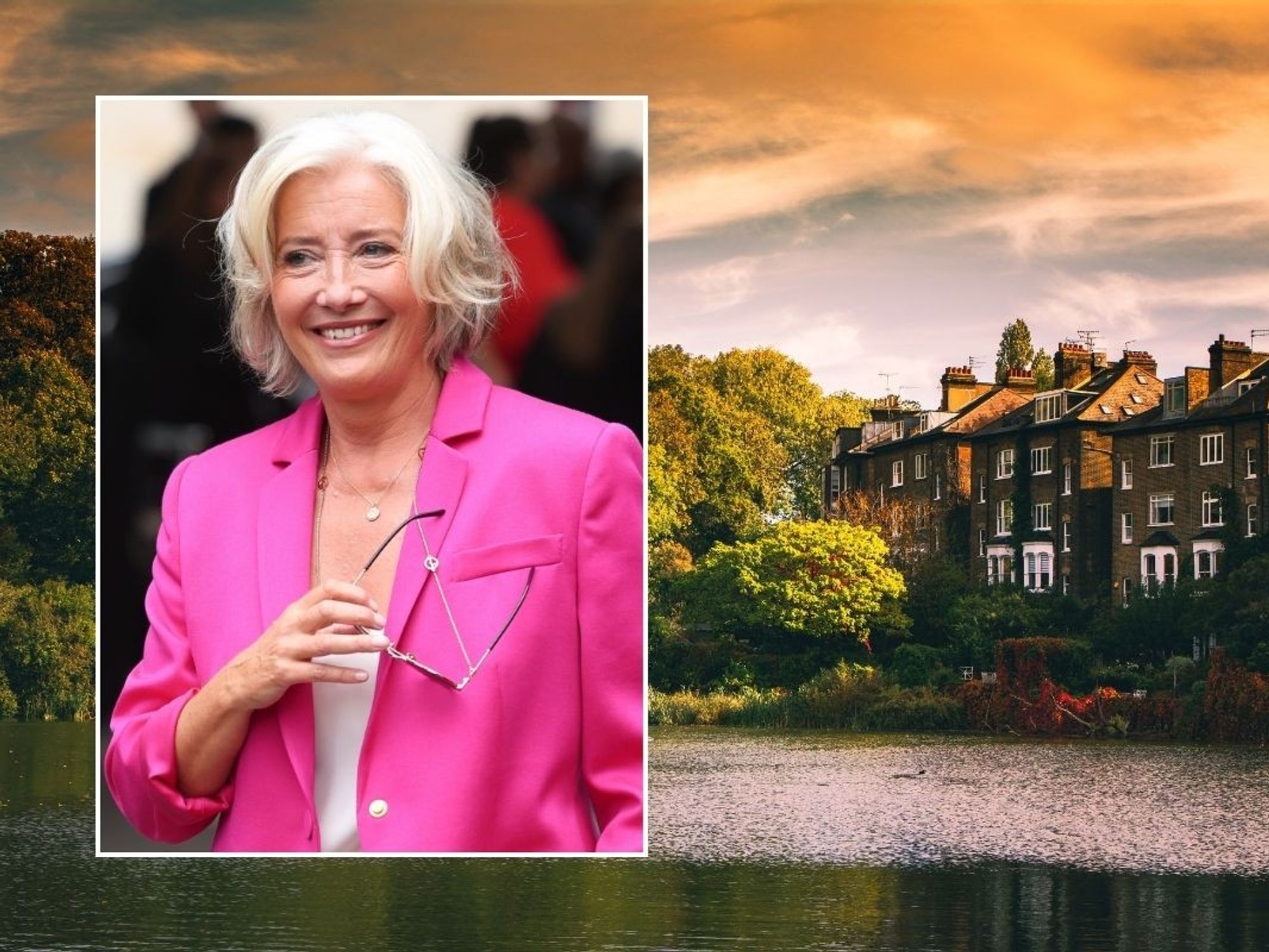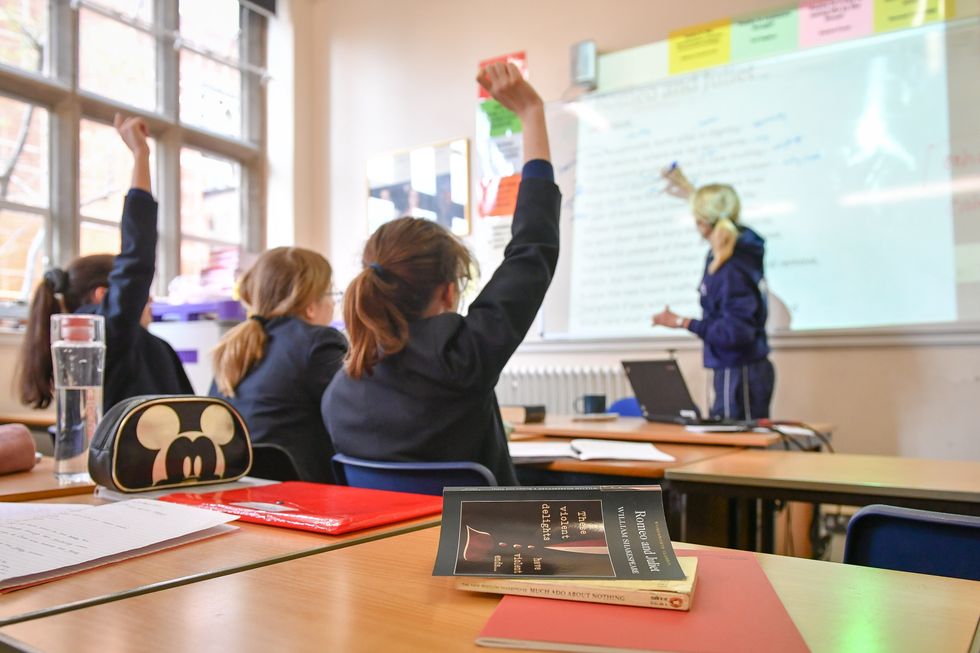Social mobility tsar says working class people should 'take smaller steps rather than aim for Oxbridge'
The Chairman of the Social Mobility Commission argues for a move against "social mobility"
Don't Miss
Most Read
Latest
Katharine Birbalsingh, Chair of the Social Mobility Commission, will argue in her first speech since her appointment to the role in October, how there is excess emphasis on the "social mobility" of those from deprived backgrounds.
She will argue people from poor backgrounds should take “smaller steps” rather than aiming for Oxford or Cambridge.
Too often success has been defined as a caretaker’s daughter going to one of Britain's top two universities and becoming a top surgeon, she will say.
The move forms part of her plan to encourage people to take smaller steps up the ladder from the bottom to the middle rungs.
Ms Birbalsingh is expected to say: "We want to move away from the notion that social mobility should just be about the ‘long’ upward mobility from the bottom to the top – the person who is born into a family in social housing and becomes a banker or CEO.
Britains top universities have been asked to increase their intake of state school pupils in a move to increase social mobility
William Conran
“We want to promote a broader view of social mobility, for a wider range of people, who want to improve their lives, sometimes in smaller steps.
“This means looking at how to improve opportunities for those at the bottom – not just by making elite pathways for the few – but by thinking about those who would otherwise be left behind.”
In her address to the Policy Exchange in London, Ms Birbalsingh, will outline how more attention should be focused on those taking smaller steps within social mobility, for example those whose parents were unemployed, who now have a job.
Ms Birbalsingh believes "leftist ideology" has exacerbated behavioural issues of children
Ben Birchall
Her reputation as "Britain's strictest headteacher" has come to fruition, as her no-nonsense approach to tackling social mobility, has risen eyebrows across the country.
The founder and headmistress at Michaela Community School in north London, obtained her reputation during the Conservative Party conference in 2010 where she argued that schools had been "blinded by Leftist ideology", causing a plethora of ill-disciplined children.
She has now promised to use her time as chair on the commission to focus on ensuring that parents take greater responsibility for their children’s education.
The Social Commission will address how small businesses can diversify their workforce, creating further regional opportunities to support the Government's levelling-up agenda.
Top universities across the UK have been ordered to increase their intake of state school students in a move to level the academic playing field.
But Ms Birbalsingh believes there is not a "one size fits all model of social mobility".
She is set to ask: "If a child of parents who were long-term unemployed, or who never worked, gets a good job in their local area, isn’t that a success worth celebrating?
“Would we really say that it doesn’t count as social mobility because they are not a doctor or lawyer?”
Her speech will outline how university does not always bring the benefits people hope for, proposing questions such as: "What can we do for those young people and adults who have not followed the higher education pathway but still need a route to high skills and good occupational opportunities?”
Ms Birbalsingh believes social mobility across the UK is improving, clamping down on those who believe otherwise.
An analytic report by the Commission shows that occupational mobility has been steady or slightly improving for decades.
Over the next year they will focus on areas that are less distinct such as income, housing and wealth.
Later this month, the Commission's State of the Nation for 2022 will be released, highlighting a framework on how to deal with the issues and measure mobility.













